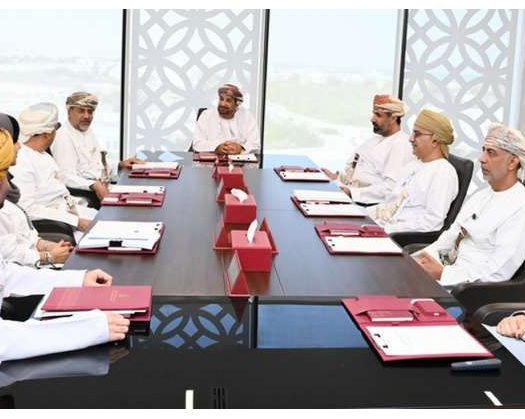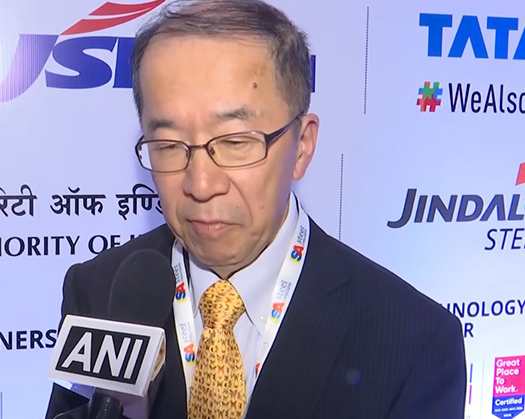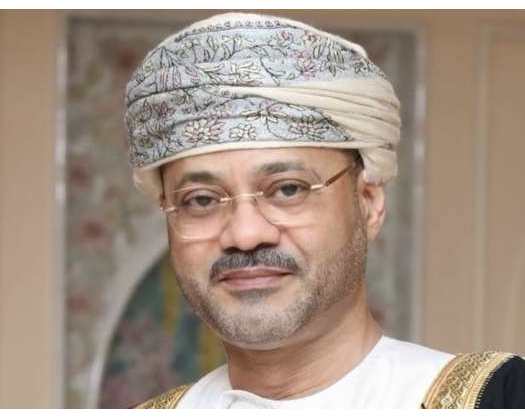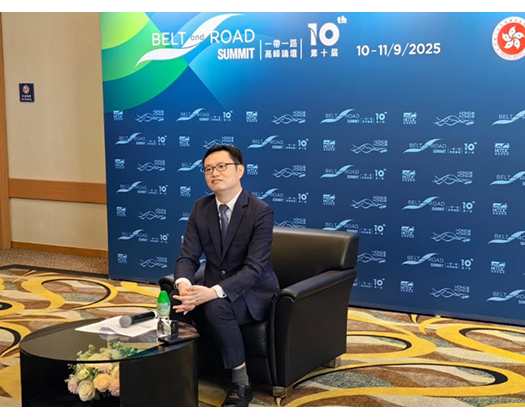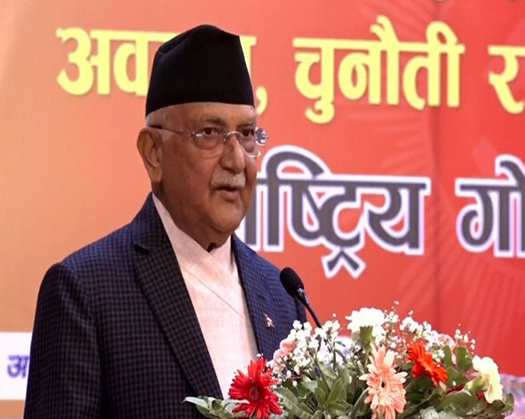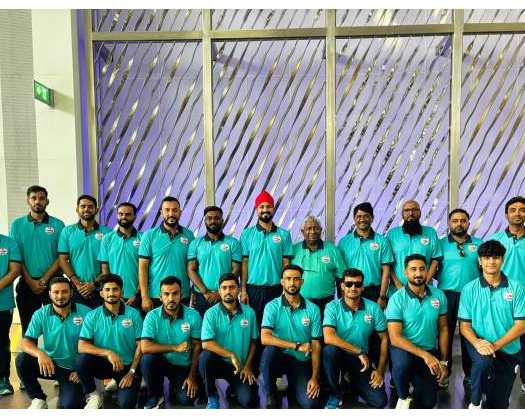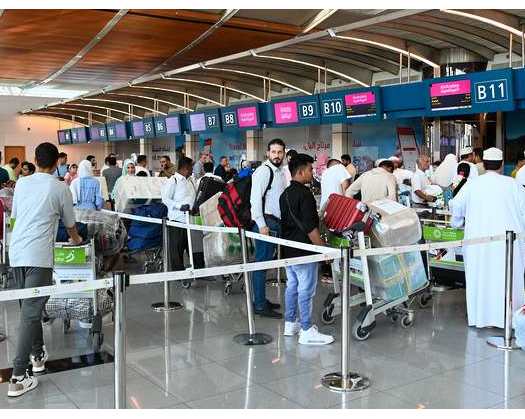Muscat: On Monday, the Board of Trustees of the Royal Academy of Management (RAM) convened for its fourth meeting, chaired by Sayyid Khalid Hilal Al Busaidi, Minister of the Diwan of Royal Court and Chairman of the Board.
At the beginning of the session, Sayyid Khalid praised the dedication of the working teams and those responsible for executing RAM's programs, initiatives, and research.
He emphasized that since its inception, the Royal Academy of Management has established itself as a leading model for enhancing administrative and leadership capabilities.
Sayyid Khalid highlighted that RAM is inspired by the vision of His Majesty Sultan Haitham bin Tarik, who prioritizes the investment in national talents.
He noted that through its collaborations with esteemed educational institutions both locally and globally, along with its innovative programs and initiatives, RAM aims to equip national leaders with the modern knowledge and skills necessary for future challenges, thereby supporting the goals outlined in Oman Vision 2040.
The meeting also reviewed RAM’s strategic direction since its founding in 2022, reinforcing its position as a center for executive education and the development of national leaders, as well as a platform for impactful leadership, administrative advancement, and knowledge foresight.
RAM is committed to contributing to Oman’s socio-economic growth by fostering a work environment that encourages efficiency, productivity, and excellence in civil service across governmental institutions.
To empower national leaders and enhance their influence across various sectors in line with the objectives of Oman Vision 2040, RAM has broadened its strategic role by establishing a dynamic executive education ecosystem that supports and engages leadership communities in Oman.
During their meeting, the Board evaluated the accomplishments of the Royal Academy of Management (RAM) in 2024, emphasizing its comprehensive strategy for cultivating influential leadership communities while fostering a mindset that reflects national identity and values. Notable achievements for the year included structured programs, research initiatives, and dialogues aimed at enhancing national competencies through a systematic learning approach grounded in localized global best practices.
Among the studies conducted was an examination of technology's role in government transformation and an evaluation of public-private sector partnerships.
With a growing alumni base of over 1,209 individuals, the RAM has positively influenced professionals across various leadership tiers.
The RAM has focused on creating an executive ecosystem of leadership communities through alumni networks by promoting engagement, collaboration, and peer learning. Additionally, it has set up discussion forums and dialogue sessions to facilitate ongoing knowledge sharing, integrating feedback and insights from leadership communities into its strategic development.
The Board praised the Royal Academy of Management for its innovative contributions to enhancing collaboration within the Gulf Cooperation Council (GCC), aligning with Oman’s strategic vision for developing skilled professionals and investing in human capital.
This innovative approach was exemplified by the launch of the ‘Future of Work in Government Programme for GCC Countries,’ which engaged 65 participants, including ten representatives from each of the six GCC member states and five from the GCC General Secretariat. The program was recognized as a significant success in meeting its goals.
The RAM has made notable progress in strengthening national leadership capabilities across various sectors, including public, private, and societal domains. This advancement underscores its vital role as a key contributor to enhancing administrative performance through collaborations at local, regional, and international levels.
Additionally, the RAM's media outreach has broadened, extending its influence from local to regional and international platforms. To foster the creation of localized content, the RAM has partnered with 132 small and medium-sized enterprises (SMEs) spanning 12 different sectors.
During the Board Meeting, strategic directions for the Royal Academy of Management for the 2025–2030 period were discussed, centering on three primary objectives. The first objective is to establish a sustainable local ecosystem that incorporates small and emerging learning and development enterprises in Oman, facilitating connections with international partners for knowledge and expertise exchange.
The second objective aims for zero-distance, which involves breaking down barriers among RAM’s stakeholders by promoting collaboration across various leadership communities. This approach seeks to align efforts and ensure a holistic strategy for leadership development in Oman.
The third goal focuses on creating innovative solutions, initiatives, and practices that are specifically adapted to local contexts and needs. This objective also emphasizes fostering a culture of experimentation and innovation that aligns with national priorities while remaining in tune with global trends.
The Royal Academy of Management (RAM) places a strong emphasis on the concept of Government-Entrepreneurship, referred to as ‘Gov-preneurship.’ This approach integrates content, context, and leadership development to prepare future leaders with the essential skills needed to establish a foundation for Oman’s future growth.
During the recent meeting, the Board approved the 2025 Annual Plan for the Royal Academy of Management. This plan encompasses a range of initiatives, projects, and studies that are aligned with a cohesive timeline, utilizing innovative programs and strategic international collaborations with esteemed institutions.
The Board of Trustees of the Royal Academy of Management is led by Sayyid Khalid Hilal Al Busaidi, Minister of the Diwan of Royal Court. The board also includes notable members such as Dr. Said Mohammed Al Saqri, Minister of Economy; Dr. Mahad Said Ba’owain, Minister of Labour; Sheikh Waleed Khamis Al Hashar, Chief Executive Officer of Bank Muscat; Khawla Hamoud Al Harthy, Chief Executive Officer of Injaz Oman; and Dr. Hatim Bakhit Al Shanfari, Faculty Member at the College of Economics and Political Science, Sultan Qaboos University.

